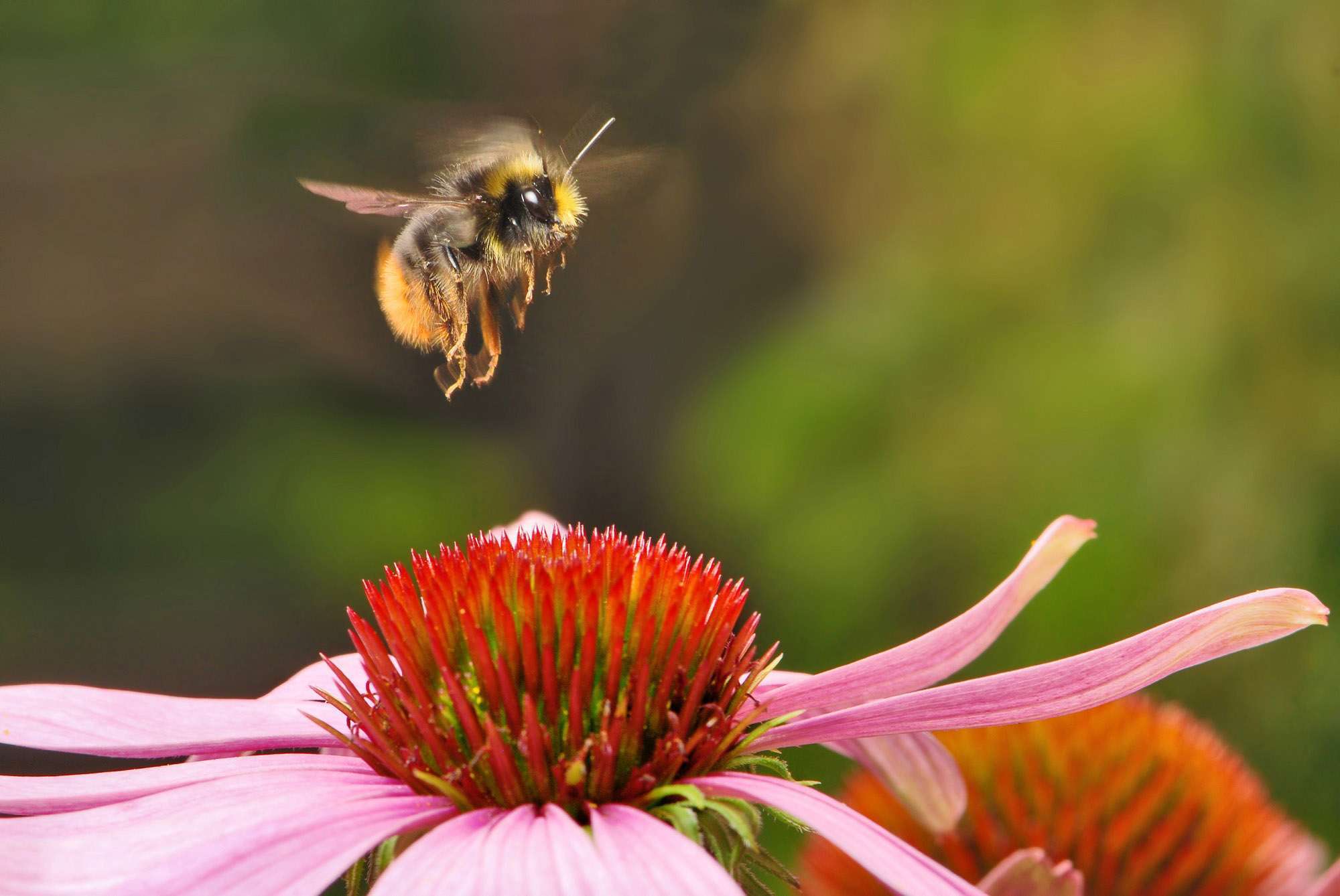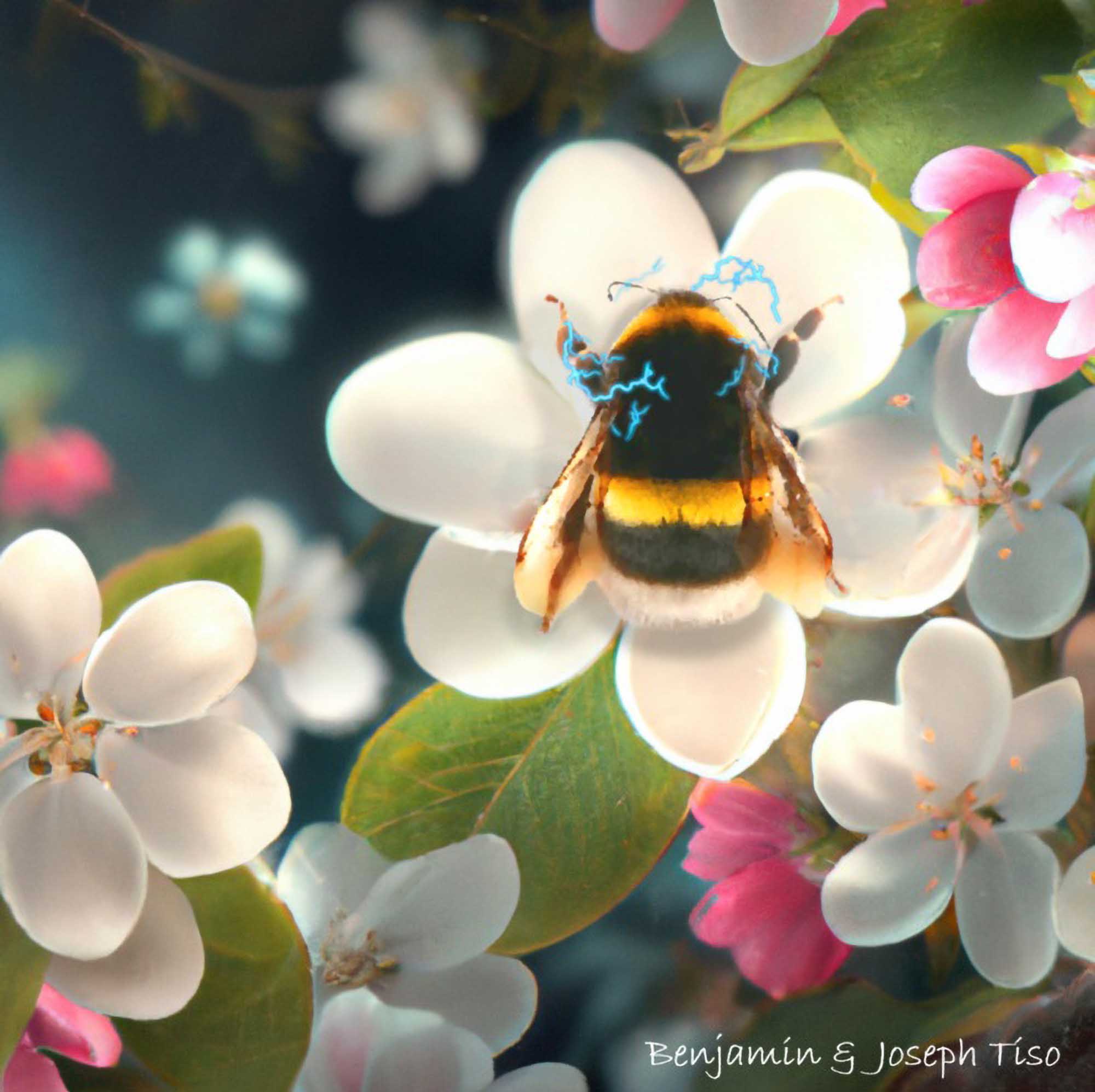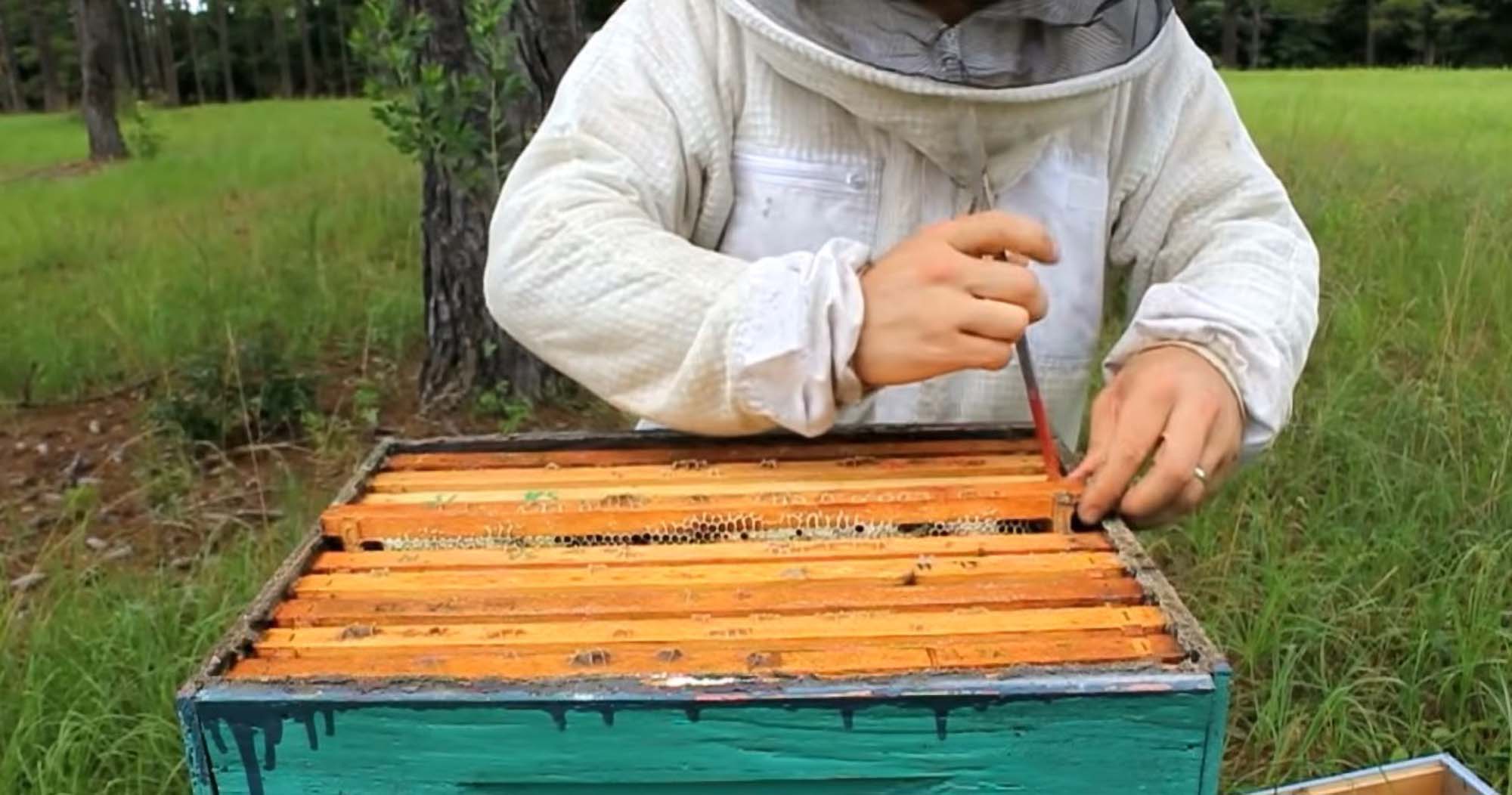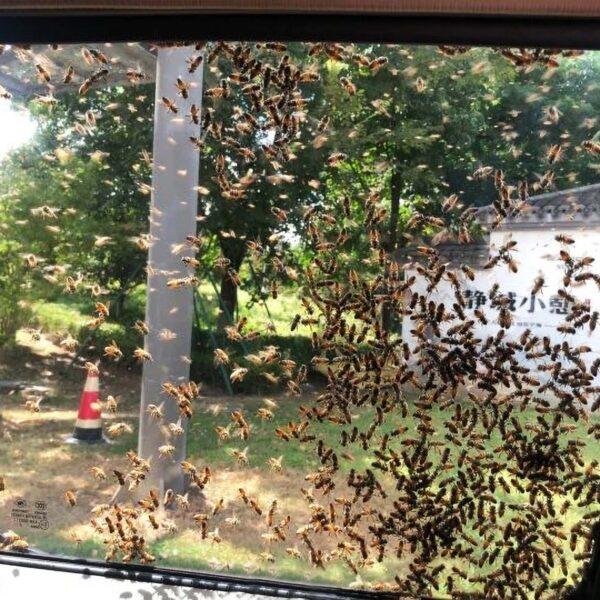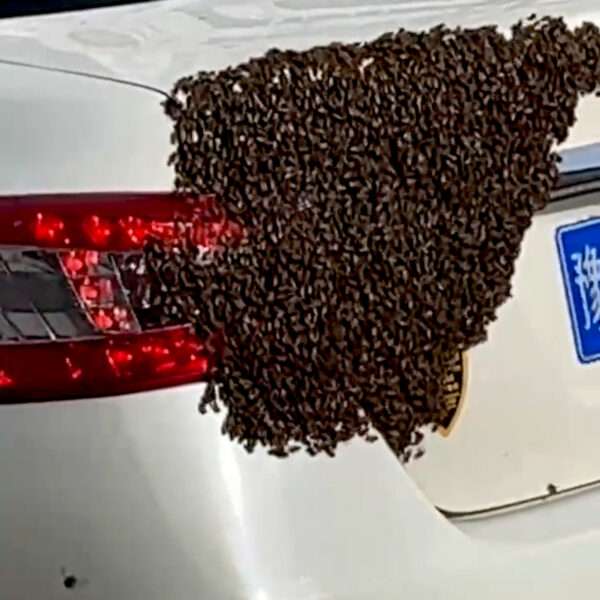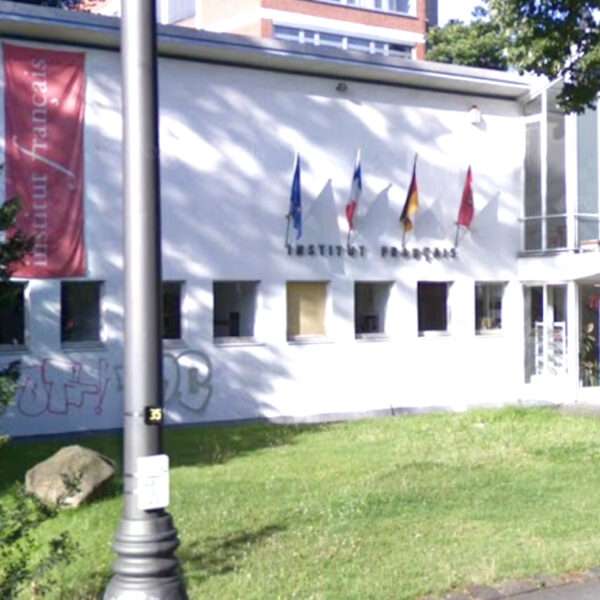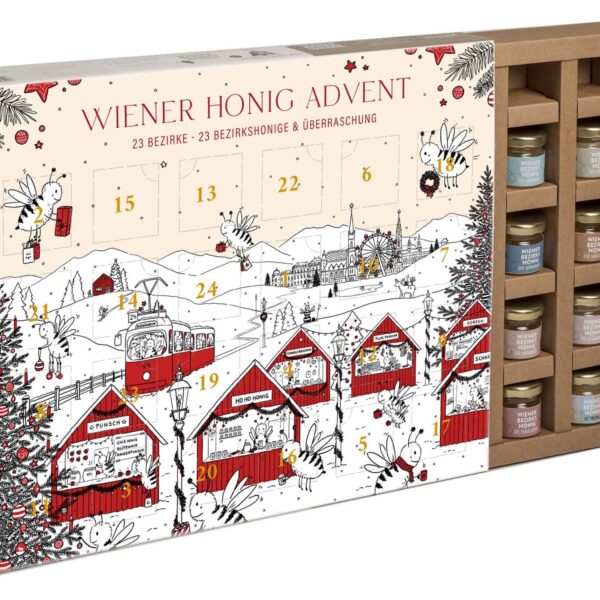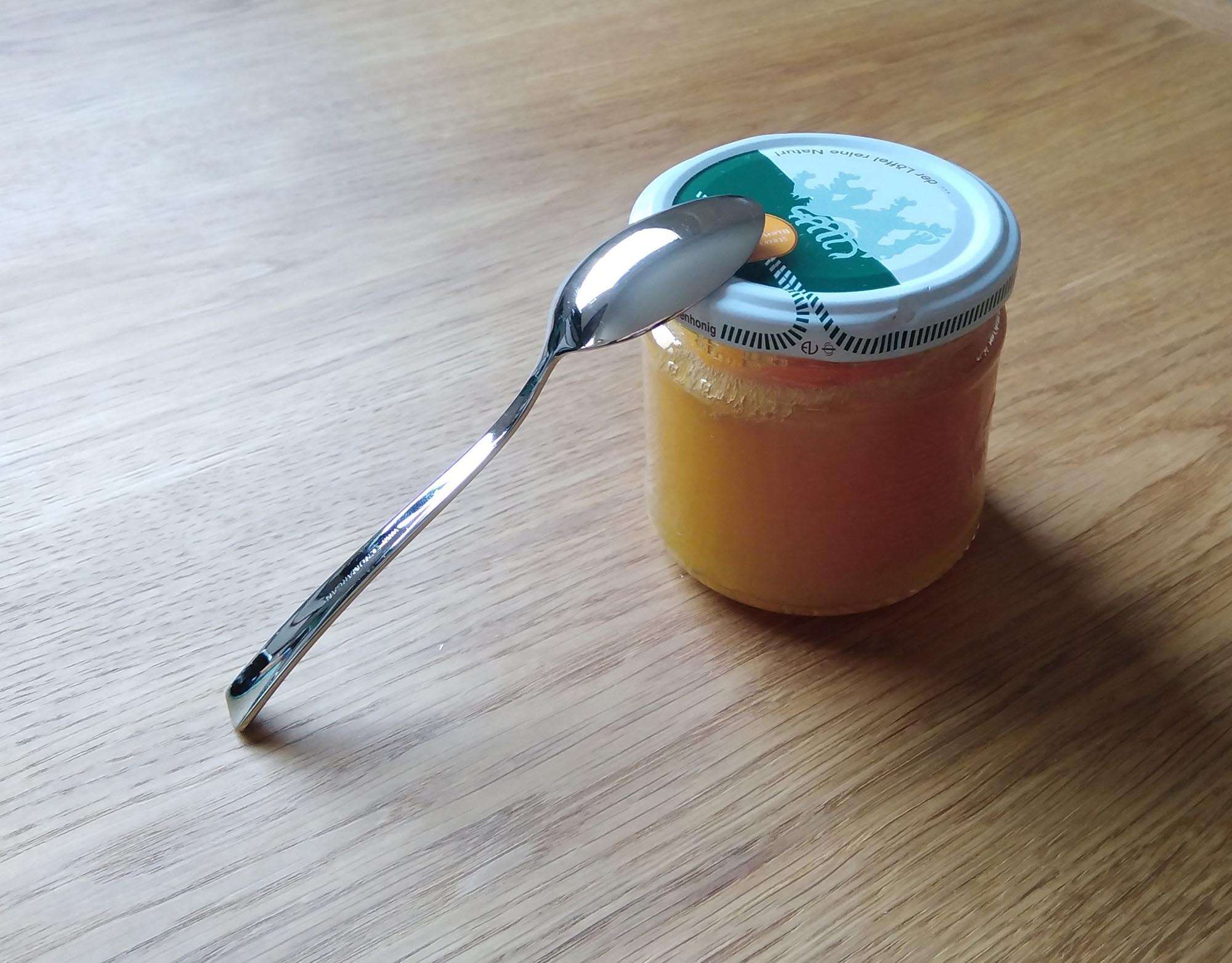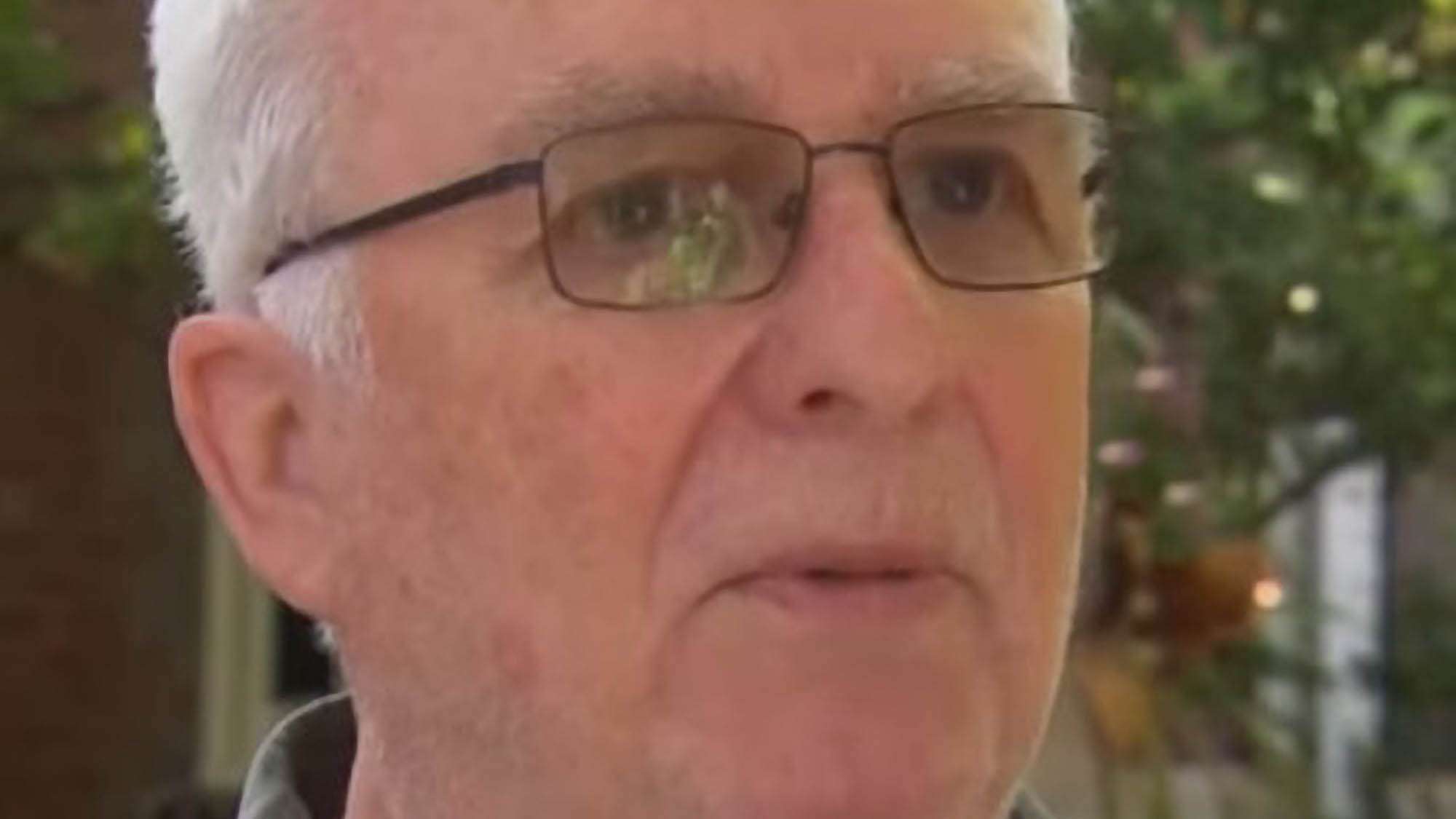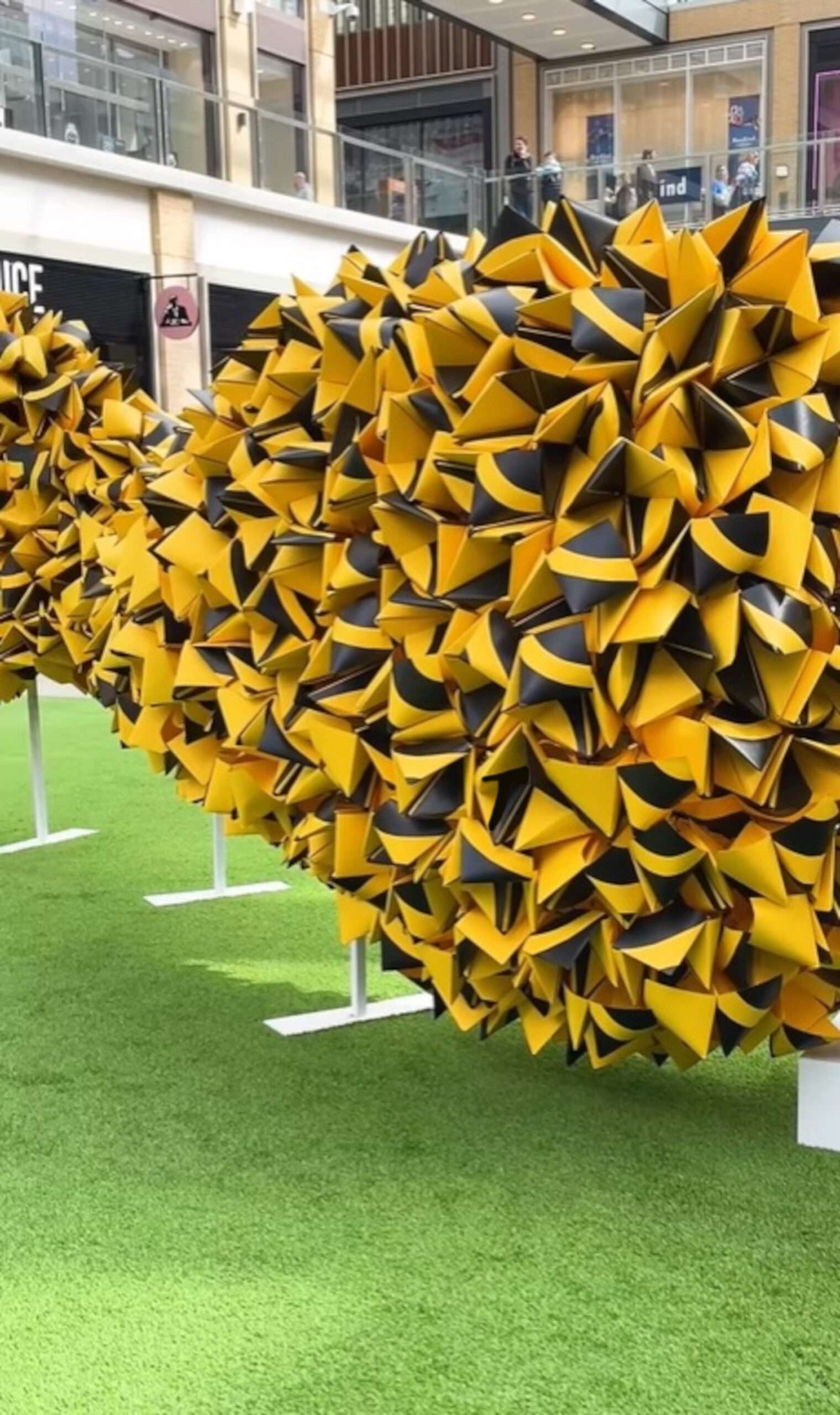Environmentalists in France have embarked on examining which of the country’s typical rural hedges are the best habitat for pollinators.
Anaelle Tavernier from the Permanent Center for Environmental Initiatives (CPIE), an agency focusing on ecological issues, has been assigned as project leader.
She told the La Montagne newspaper: “We want to determine how their quality and density affects solitary bee populations.”
Anaelle – who is based in the CPIE office in Gueret, a town in the central Creuse department – emphasised that “little is known about which plants and what way of growing a hedge are best for pollinators.”
She added: “Due to numerous research projects, we are aware of the ongoing solitary bee population decline. However, discussions about the situation of domesticated bees often overshadow the impact of various developments on the many solitary bee species.”
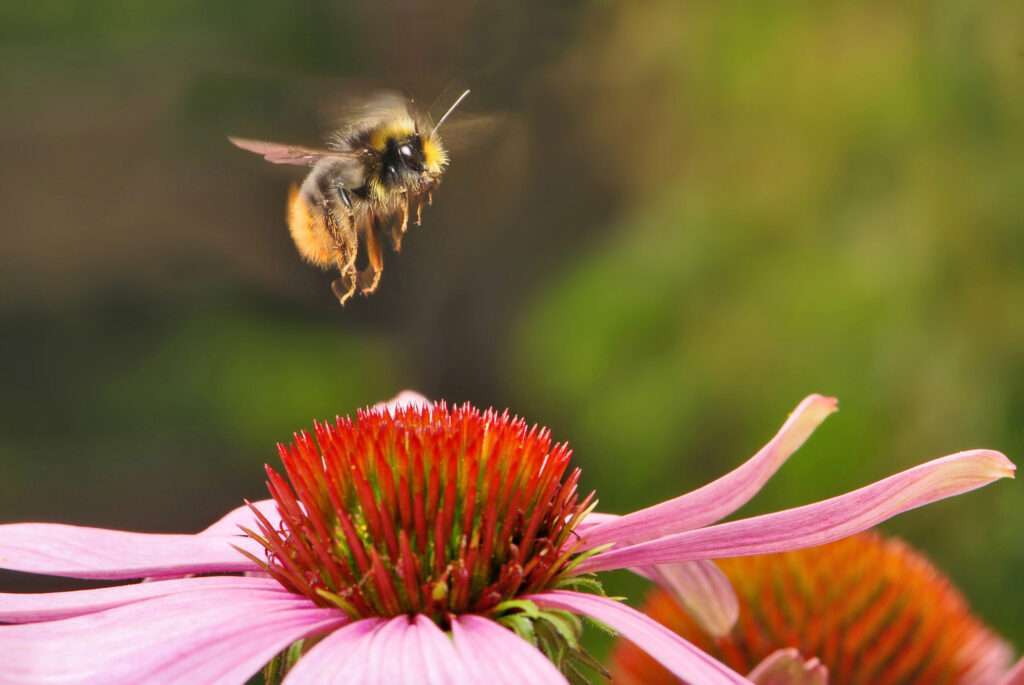
Anaelle pointed out that solitary bees such as bumblebees and leafcutter bees are “highly efficient pollinators.”
There are an estimated 20,000 to 30,000 solitary bee species in the world. They are often also referred to as wild bees.
French media have praised the planned CPIE study as a “pioneering effort.”
The organisation’s experts plan to concentrate on France’s signature Bocage structure of hedges, trees and bushes. In several regions across the country, hedges and small trees demarcate one field from another.
Among other research targets, the CPIE project is set to find out more about whether the height of a hedge plays a role in working as a habitat for solitary bees.
Speaking to La Montagne, the CPIE’s Laura Lamotte concluded: “To ensure a richly varied fauna, we need large floral diversity. This applies vice versa.”

